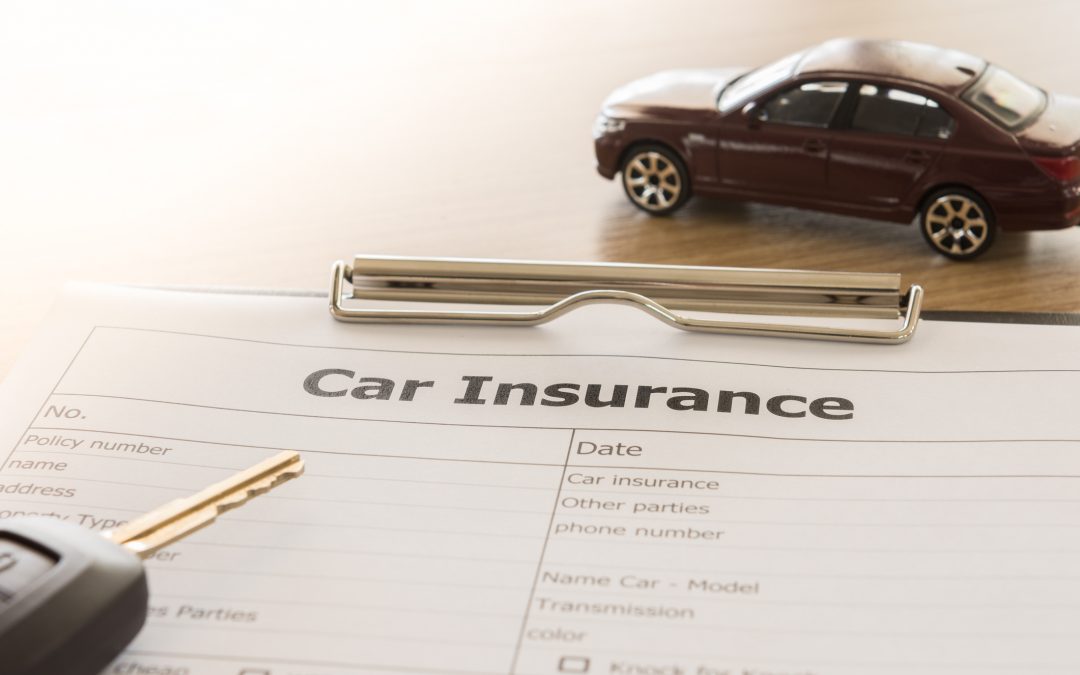Car Insurance Coverage that Applies to Car Accidents
If you’ve been in an accident, understanding your auto insurance policy is a key part of getting through it. Unfortunately, many people don’t understand their policies, or what is covered after an accident.
Some parts of auto insurance are regulated by state laws, and can vary depending on which state your vehicle is registered in. Generally, liability insurance is required in every state, but other parts of your auto insurance coverage depend on your policy. If you aren’t sure what kind of coverage you have, read it, or ask your insurance company for a copy.
There are some common policies that might apply following car accidents in general.
Liability Insurance
Liability insurance, speaking generally, is the part of your policy that pays for damage or injuries that you cause to other people. This coverage is meant to protect you from paying for someone else’s auto repairs or medical bills.
However, there are different kinds of liability insurance that you might have listed in your policy. Look for the following specific kinds of liability insurance:
● Bodily Injury Liability – This generally covers medical bills for the injured person, and can include other things like emergency aid, loss of income, funeral expenses, and more.
● Property Damage Liability – If you have caused damage to someone else’s property, whether it’s a vehicle, a home, a building, or something else, this portion of your policy should help cover the cost.
Collision Insurance
Collision coverage should pay for costs associated damage to your own vehicle that were caused by collisions. In this context, a collision only refers to specific situations, like crashing into another vehicle or large object, or rolling the car. The specifics regarding collision coverage can vary, and it’s important to refer to your auto insurance policy for details.
Comprehensive Insurance
Comprehensive insurance coverage is intended to help with the cost of damage due to other things, like weather, theft, fire, natural disasters, etc. While collision coverage is quite common, comprehensive coverage is less so.
Uninsured/Underinsured Motorist Coverage
Although in most states, auto insurance is a legal requirement, not every driver has it, and not every insured driver has enough insurance to pay for the cost of repairing or replacing your vehicle, even if they cause the damage. This portion of your policy helps you to pay for things that the other driver should be paying for, but can’t, so that you’re not stuck with a loss.





